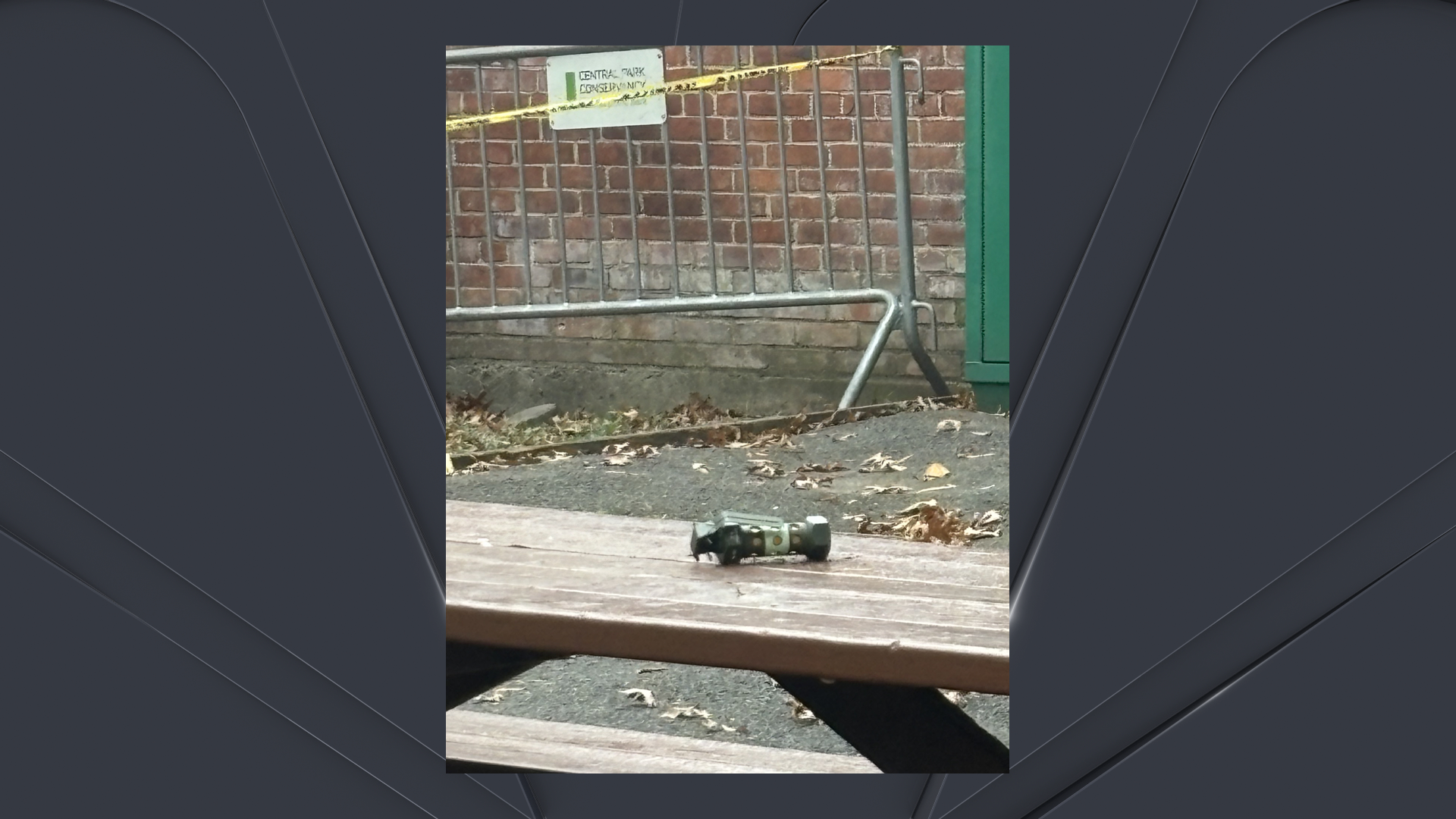
Federal prosecutors in Brooklyn charged Former Mexican defense secretary Gen. Salvador Cienfuegos with using his position to help one of the most notorious drug cartels in the world operate with impunity while using the Mexican military to hurt their rivals, court documents show.
Salvador Cienfuegos Zepeda, 72, who led the country's army for six years under ex-President Enrique Peña Nieto from 2012 to 2018, was arrested at Los Angeles International Airport on Thursday.
Zepeda's charges include accepting bribes from the H-2 Cartel based in Nayarit and Sinaloa, Mexico in exchange for his services. The H-2 Cartel is described by prosecutors as having distributed thousands of kilograms of heroin, cocaine, meth and marijuana.
Prosecutors say, "in Mexico, the H-2 Cartel trafficked in hundreds of lethal firearms and committed countless acts of horrific violence, including torture and murder, in order to protect against challenges from rival drug trafficking organizations, fight for territory and silence those who would cooperate with law enforcement."
Zepeda's detention memo says he helped the H-2 Cartel in six specific ways: he made sure that military operations weren't conducted against H-2, initiated military operations against rival drug cartels, located maritime transportation for H-2s drugs, acted to expand the H-2 territory to Mazatlan and alter the rest of Sinaloa, introduced senior leadership of H-2 to other corrupt Mexican officials who would also allegedly take bribes, warned H-2 about ongoing U.S. law enforcement investigations including the use of witnesses and informants - one supposed informant was killed because H-2 believed he was working with U.S. law enforcement, even though prosecutors say he wasn't.
Prosecutors say they intercepted thousands of Blackberry Messenger communications between Zepeda and H-2 leadership detailing the relationship.
A federal grand jury returned the indictment in August of 2019. If convicted of the four counts against him, Zepeda faces life imprisonment.
News
Cienfuegos is the highest-ranking former Cabinet official arrested since the top Mexican security official Genaro Garcia Luna was arrested in Texas in 2019. Garcia Luna, who served under former President Felipe Calderón, has pleaded not guilty to drug trafficking charges.
Cienfuegos is 72 years old and has retired from active duty. Mexico’s Defense Department had no immediate reaction to the arrest.
Mike Vigil, the DEA’s former chief of international operations, said when he was in Mexico in 2012 he heard corruption allegations about Cienfuegos.
“There were always allegations of corruption, nothing we could sink our teeth into. That was kind of unheard of because Mexico has always put the military on a pedestal,” said Vigil, author of the book “The Land of Enchantment Cartel."
“The corruption is just coming to roost, because individuals who were once untouchable are now getting arrested,” Vigil said. “If they cooperate (with U.S. prosecutors) there are others who are going to be falling, noting U.S. officials “usually don’t want to trade down, they usually trade up,” seeking evidence against equal or higher-ranking officials. “It’s really a precarious situation for Mexico to have two Cabinet-level officials arrested in the U.S.”
While current President Andrés Manuel López Obrador has vowed to go after corruption and lawbreaking under past administrations, he has also relied more heavily on the army — and charged it with more tasks, ranging from building infrastructure projects to distributing medical supplies — than any other president in recent history.
Under Cienfuegos, the Mexican army was accused of frequent human rights abuses, but that was true of both his predecessors and his successor in the post.
The worst scandal in Cienfuegos' tenure involved the 2014 army killings of suspects in a grain warehouse.
The June 2014 massacre involved soldiers who killed 22 suspects at the warehouse in the town of Tlatlaya. While some died in an initial shootout with the army patrol — in which one soldier was wounded — a human rights investigation later showed that at least eight and perhaps as many as a dozen suspects were executed after they surrendered.
__
Dazio reported from Los Angeles. Associated Press Writer Mark Stevenson contributed from Mexico City.



